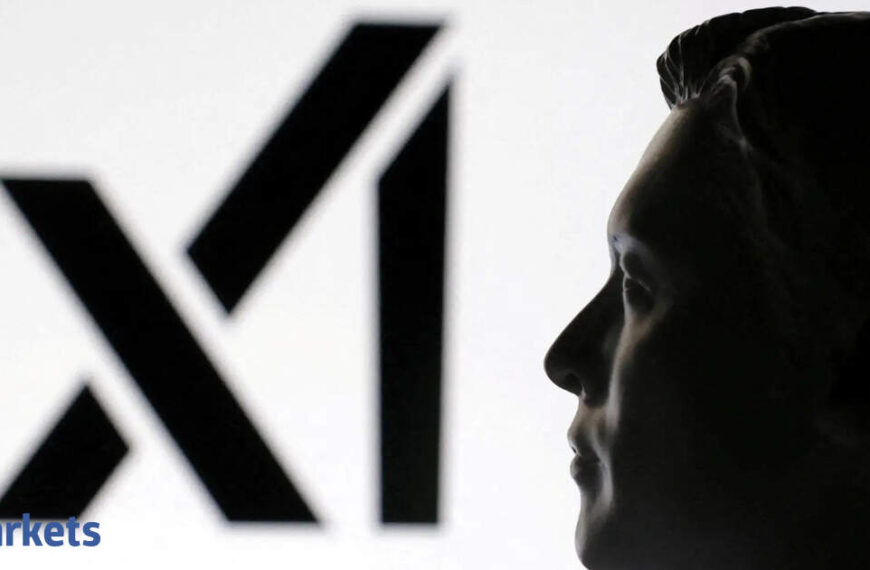The bill was passed with bipartisan support, marking a turning point in the debate over crypto oversight, and a breakthrough for a sector long stuck in regulatory limbo.
The tokens have gained traction for offering crypto’s convenience without its volatility. Pegged to currencies like the U.S. dollar, they aim to hold a stable value backed by reserves.
Crypto Tracker
Circle shares closed up 33.8%. Coinbase ended 16% higher, while commission-free brokerage Robinhood, which offers crypto trading, gained 4.5%. The Republican-controlled House of Representatives must pass its version of the bill, known as the GENIUS Act, before it heads to President Donald Trump for approval.
“Once passed into a law (likely by the end of summer), we expect stablecoins to evolve from the money rail of crypto to the money rail of the internet,” analysts at brokerage Bernstein said. Circle, the issuer of the second-largest stablecoin by market value, went public earlier this month in a blowout debut on the New York Stock Exchange. Its shares closed at $199.59 versus IPO price of $31. The stock was last up another 4.4% after the bell.
The company’s flagship USDC stablecoin has a market value of around $61.4 billion, according to data from CoinGecko.
Circle co-founded USDC in partnership with Coinbase. The token underpins much of the crypto exchange’s stablecoin revenue, which jumped nearly 51% in the first quarter as USDC’s market value hit a record high.
The stablecoin legislation is one of two major crypto bills that industry supporters hope to have signed into law this year, analysts at Barclays said.
Gaining momentum
Proponents say by setting clearer rules for issuing and managing dollar-pegged tokens, the bill could bring greater legitimacy to the sector. Several high-profile corporates are also reportedly exploring launching their own stablecoins.
“History is being made,” Circle CEO Jeremy Allaire said in a post on social media platform X, adding that he expects the legislation will “drive U.S. economic and national competitiveness for decades to come.”
If signed into law, the GENIUS Act could unlock fresh growth in the $256 billion stablecoin market and boost revenue for digital asset infrastructure firms such as Circle and Coinbase.
“While stablecoin demand is already impressive, the new bill advancing through Congress can accelerate that demand,” said Andrew Rocco, stock strategist at Zacks Investment Research.
“The bill would finally put a regulatory framework around issuing and operating stablecoins, lending credibility to the industry.”
If signed into law, stablecoins will have to be backed by liquid assets such as the dollar and short-term Treasury bills. Issuers will also have to publicly disclose the composition of their reserves on a monthly basis.
“Stablecoin adoption could also serve as a strong tailwind for major cryptocurrencies like bitcoin,” analysts at brokerage KBW said.















